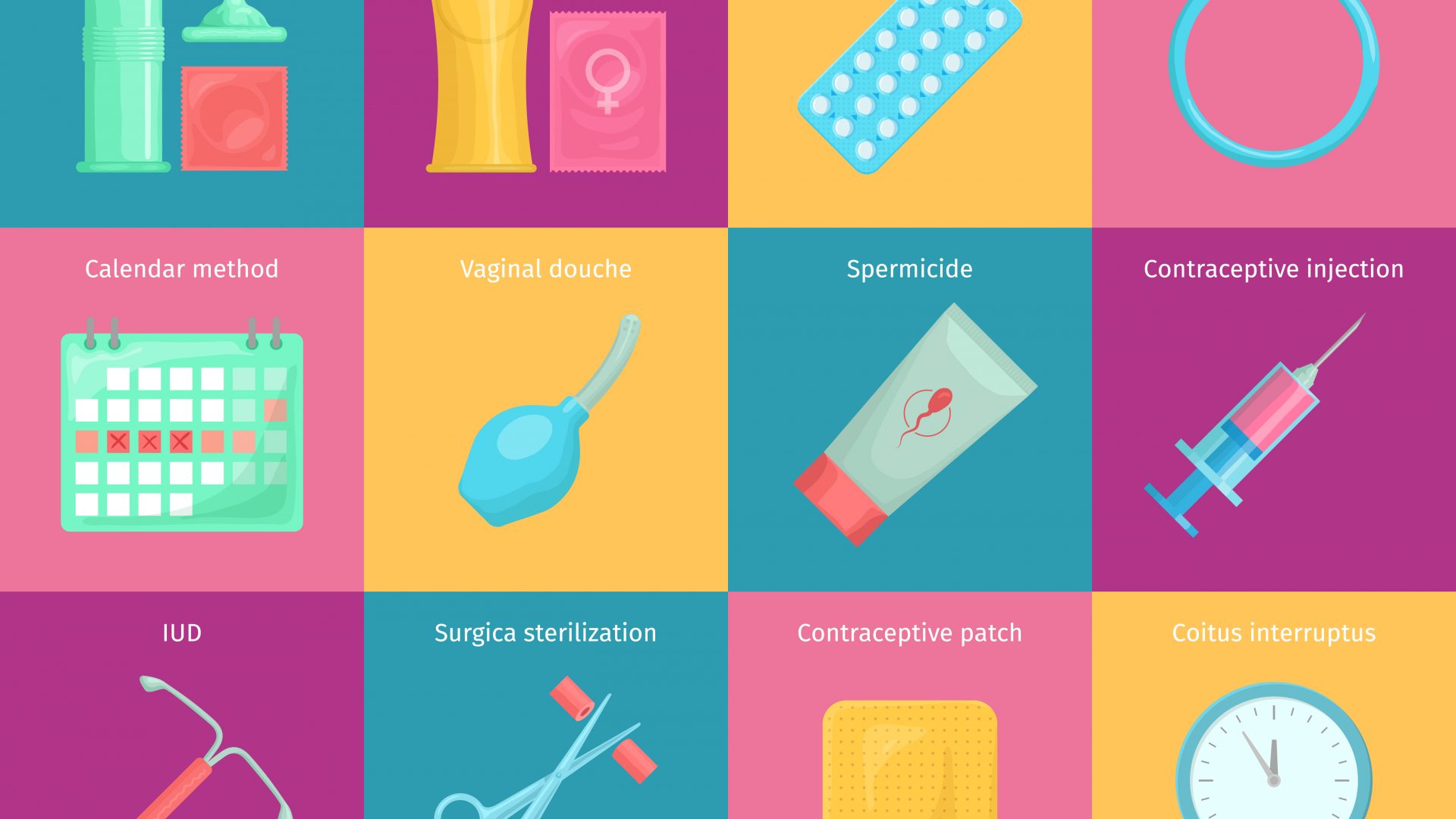Interrupting family planning services in Brazil due to Covid-19 could cause a boom in unwanted pregnancies and bring consequences for mothers and babies, as the effects of the disease on fetuses are still unknown, warn Brazilian researchers Luis Bahamondes and Maria Y. Makuch, from the Department of Obstetrics and Gynaecology at the University of Campinas Medical School.
The researchers published an open letter in The European Journal of Contraception & Reproductive Health Care, saying that contraception is being considered as a non-essential activity by policymakers amid the pandemic. Many health units have redirected their services exclusively to Covid-19, limiting access to contraceptive options. The effects are even worse on the roughly 20 million women that rely on the public health service to obtain contraception methods. To avoid the dangers posed by the lack of sexual health services, they propose “physical distancing” with a “social approach,” by offering services that do not require personal contact to reach women.
“For current users of contraceptives it is important to reinforce counseling to maintain use, including advice about condoms and fertility awareness, and to help users resolve questions and concerns about possible side-effects, improve the use of electronic prescriptions, and multi-month refills of contraceptives (…). Face-to-face appointments can be used only when side effects of the chosen method make it necessary,” they wrote.
Potential risks
In an interview with Agencia Fapesp, Mr. Bahamondes also warned about the potential risks of pregnancy when the effects of Covid-19 on fetuses are still unknown, an issue that could be mitigated by reducing unwanted pregnancies.
“There’s little information about the vertical transmission of the novel coronavirus or [passing it] through breastfeeding. We also don’t know if an infection in the early stages of pregnancy may cause problems for the baby, as is the case with the zika virus. Many women are terrified of the idea of getting pregnant and being infected with Covid-19. They must be taken care of,” said Mr. Bahamondes.
 Support this coverage →
Support this coverage →

 Search
Search






































